One afternoon last August, Natalie* was tidying up before her two young children arrived home from school when an incredible sensation suddenly washed over her. “I had this uplifting sense that everything was going to be OK. Almost like a weight off my shoulders. I felt lighter and brighter.”
That unexpected wave of happiness was both welcome and unfamiliar for Natalie, who had felt weighed down by post-natal anxiety since becoming a mother seven years earlier.
“I had [post-natal anxiety] quite badly after my first child, [when] we weren’t getting any sleep… and it had crept up on me after my second child. I was struggling with feeling any joy or hope… and I became afraid of taking them out in the world. I didn’t want to drive on holiday because I was sure something would happen.”
But now, for the first time in what felt like forever, Natalie’s anxiety eased. In that moment, she felt radiantly happy and peaceful – as if, she says, “I could suddenly breathe again.”
It was as if I could breathe again.
The difference? That morning, Natalie had taken an eighth of a teaspoon of powdered psilocybin, also known as magic mushrooms.
On the surface, Natalie, a 30-something, pilates-loving mother from Western Australia, who regularly swims laps to keep fit, may not seem like an obvious candidate for psychedelics.
“[My husband and I] don’t take other drugs,” she agrees. “We don’t smoke. My husband only drinks once in a blue moon. It wasn’t really in our friendship group to be really experimental with drugs.”
But when she and her husband were offered psilocybin by a progressive and health-conscious friend who swore by its mood-enhancing properties, they were curious. And having tried anti-anxiety medication to no avail, Natalie decided a small dose couldn’t hurt.
The results of that first experiment last August were so revelatory that Natalie’s husband now buys psilocybin on the internet using cryptocurrency. Today, a small jar of powdered psilocybin, which looks a little like white pepper, sits in the pantry of their Perth home for use “every now and then”, whenever they need a mood boost.
We don’t take other drugs. We don’t smoke. My husband only drinks once in a blue moon.
Natalie* is one of a rapidly increasing number of Australians intrigued by the concept of micro-dosing — the practice of using tiny amounts of psychedelic drugs such as psilocybin or LSD (Lysergic acid diethylamide) to improve creativity, boost energy levels, redress emotional balance, and even treat anxiety, depression and PTSD.
Psychedelics have been around for a long time, in the form of magic mushrooms, and, later, LSD, a synthetic version created for psychiatric use. But they have been totally banned since the ‘80s, and subsequently languished in the criminal shadows… at least until now.
Today, psychedelics are on the cusp of re-entering the mainstream, thanks to authors like Michael Pollan, who in 2018 wrote a treatise on the miracles of micro-dosing How to Change Your Mind, and James Fadiman PhD, author of the 2015 book The Psychedelic Explorer’s Guide: Safe, Therapeutic, and Sacred Journeys.
Since then, what started as a hush-hush trend in the boardrooms and bathrooms of Silicon Valley, has slowly spread into the mainstream.
It played a cameo role in Aussie author Liane Moriarty’s 2019 bestseller Nine Perfect Strangers. Its benefits have been hailed on wellness sites such as Gwyneth Paltrow’s Goop, and this year, Pollan’s book How to Change Your Mind was turned into a Netflix series that proved so popular it has been dubbed into French, German, Hindi, Italian, Polish, Russian and Spanish, among others.
And just like that, psychedelic drugs are back on the table. (Well, under it. Make no mistake, they are still very much illegal.)
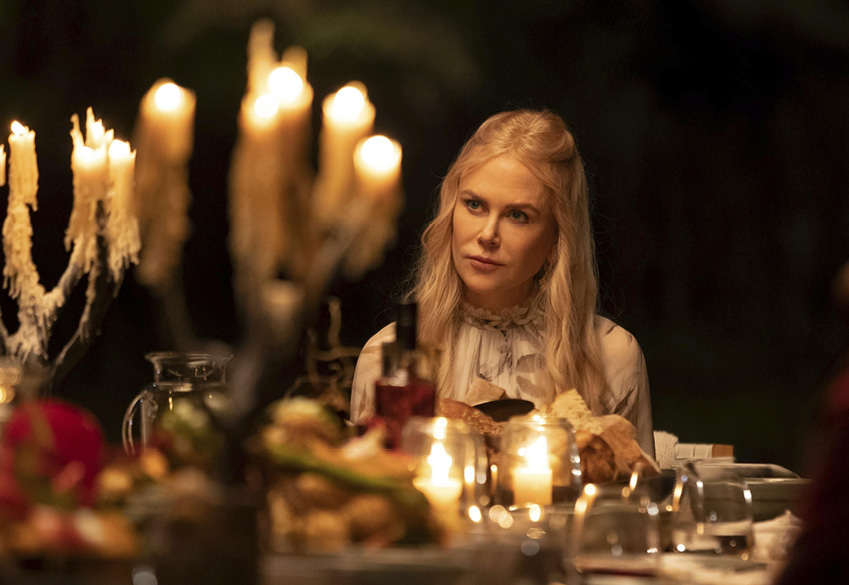

These treatments were going to be the next big thing in the ’50s and ’60s,” says Tania de Jong, co-founder of Mind Medicine Australia (MMA), a charity that seeks to alleviate the suffering caused by mental illness by advocating for expanded treatment options. More specifically, it is focused on the development of safe and effective psychedelic-assisted therapies to cure a range of mental illnesses.
“Over the past few years, we’ve had a massive hike in depression, addiction and social isolation,” says de Jong. “Current treatments work to some extent, but not for the majority of patients. In the case of depression, with antidepressants and psychotherapy, your chances of getting well sit at around 30 per cent, and with PTSD that sinks to around 5-10 per cent.
“There’s an accelerating mental illness epidemic, and people are desperate,” she continues. “For many, this is their last hope.”
There’s an accelerating mental illness epidemic, and people are desperate.
This goes some way to explain why so many Australians are willing to break the law to obtain them. At present, all psychedelics, even those administered in clinical doses under the supervision of trained therapists, are illegal in Australia, as is micro-dosing.
There are some signs that the official stance on psychedelics is changing.
After a hiatus lasting several decades, scientific interest in the clinical benefits of psilocybin is gathering speed. Research in the US has suggested that larger doses of psilocybin administered in an ‘appropriately controlled and supportive setting’ can have long lasting positive psychological effects.
It was the rumoured mood-enhancing benefits of micro-dosing that drew Abigail, an attractive blonde 40 year old, to it in the first place.
Like Natalie, Abigail is a mother of two primary-school-aged children, and has long suffered from anxiety. She took psychedelics for the first time recently, after being offered a tiny dose by a friend while on holiday.
“We were all staying at a friend’s farmhouse for the weekend. After we’d put the kids to bed, she said she had some mushrooms in powdered form, and asked if anyone wanted to try some. We were all like, yep. We put it in our drinks, and away we went.”
The experience was nothing like the only time she has experimented with psychedelics, back in her twenties in Thailand. “There was no feeling of losing control. I wouldn’t say any of us were high — just really relaxed, and more open. It was a really nice experience.”
Experts aren’t quite so convinced.
Vince Polito is a senior research fellow in the Department of Cognitive Science at Macquarie University in NSW and says the jury is still out on how beneficial micro-dosing really is – or whether there’s a placebo effect at play.
“So, people are obtaining these substances underground, which we certainly don’t recommend because aside from it being illegal, you can never be sure about the purity or the dose.
“It’s better if we all work together to make sure these treatments become available through the medical system, so people don’t have to break the law, and don’t have to take unnecessary risks.”
“Those who microdose generally do it to improve mood and mental health, help social connection, ease social anxiety and enhance cognitive performance,” he says. “And people are reading about all the different benefits — being able to do it without going through a scary trip or have negative side effects — which make it extremely appealing.
“So, people go into the practice of microdosing with very strong expectations, and those expectations must play a role. Even though I’m fairly pro-microdosing, and think there’s decent evidence that it may have clinical effects to warrant continuing to look at it, I think that at least some of what people are reporting is due to expectation. It’s just a case of how much? How much of a pharmacological effect is there, is the interesting question.”
So where to from here? The Australian federal government committed $15 million to psychedelic research last year, but the major hurdle is still the law, and more specifically the drugs’ illegal status.
Last year, thanks to campaigning from the likes of MMA, the TGA considered a proposal to down-schedule psilocybin to a Schedule 8 controlled substance for use in a medically controlled environment, but ultimately ruled against it.
Although disappointed, neither Tania de Jong nor Vince Polito was surprised. “The TGA is pretty conservative,” says Polito. “I think it would have been unusual if Australia was the country to move first on that kind of thing.”
In the meantime, according to the most recent Illicit Drug Data Report from the Australian Criminal Intelligence Commission (ACIC), the number of hallucinogen arrests nationally increased 204 per cent over the past decade, to a record 1135 in 2019–20.
“That is probably the hardest thing,” says Natalie. “Having it in the house. It is the only illegal thing that I do. Obviously, it’s not anywhere near the kids, but knowing that we could get in trouble and that could affect our family… we do think about that.”
“I’ve certainly read pretty horrible stories of people getting caught with magic mushrooms,” adds Polito. “There is a real legal risk to possessing and using psychedelics. I think most people would prefer it were legal. But I don’t think the illegality is stopping many people who are curious.”
*Names have been changed
For more stories like this, sign up to PRIMER’s free weekly newsletter.




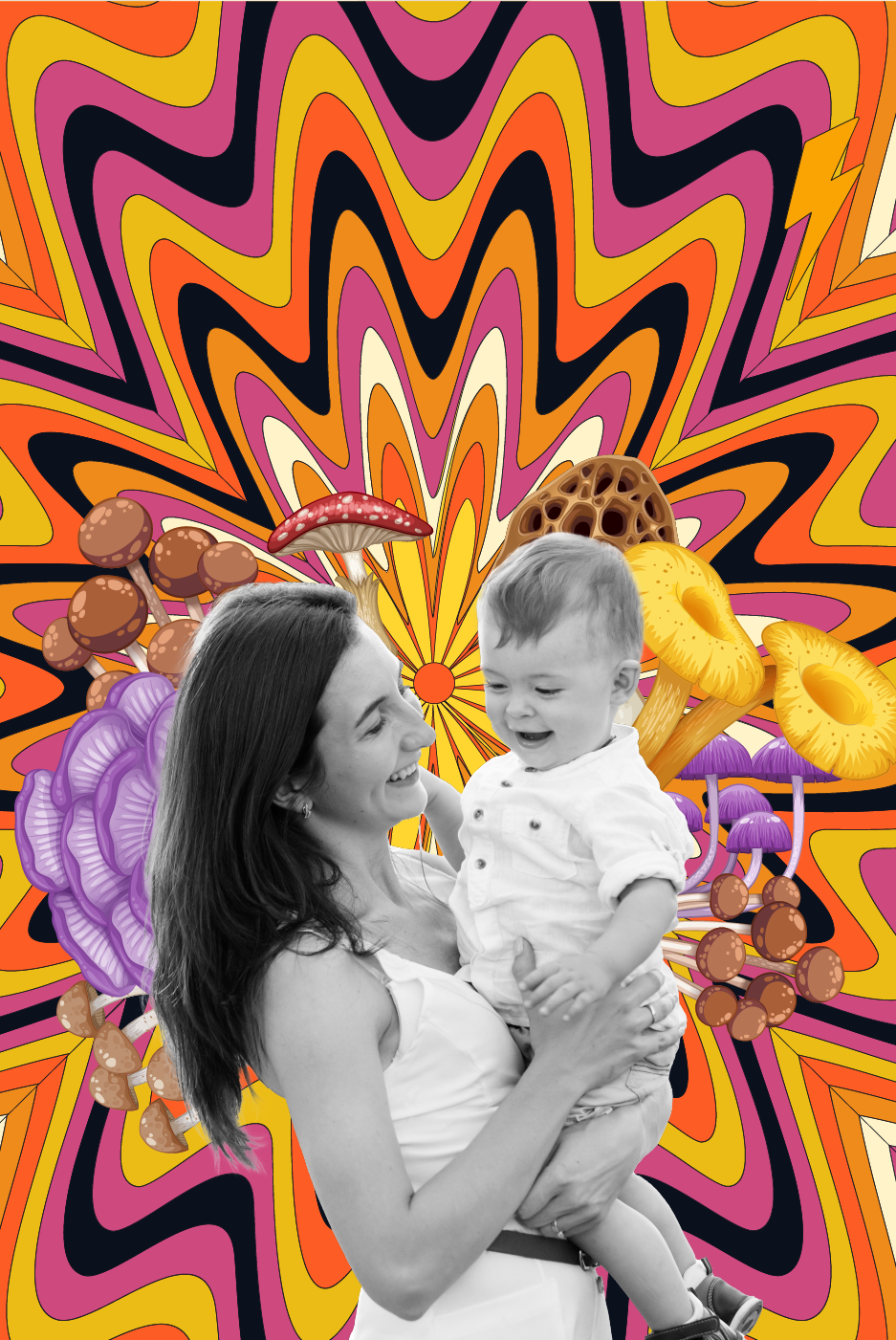


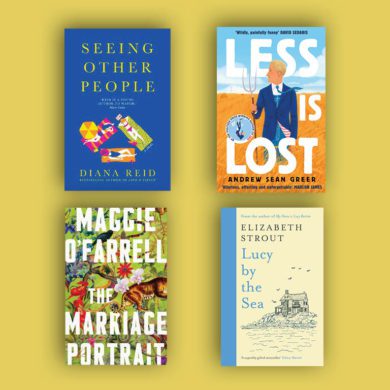
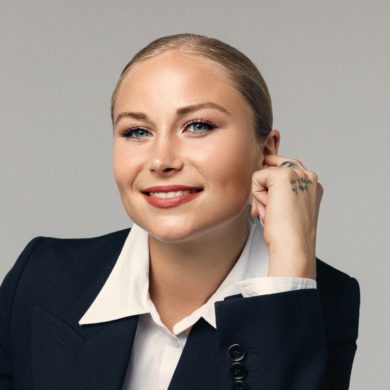
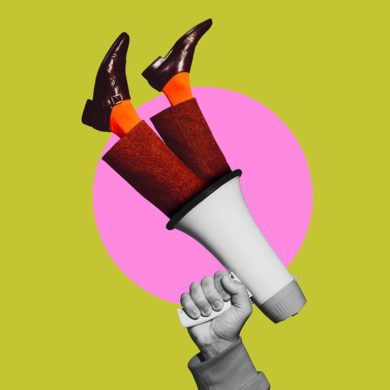
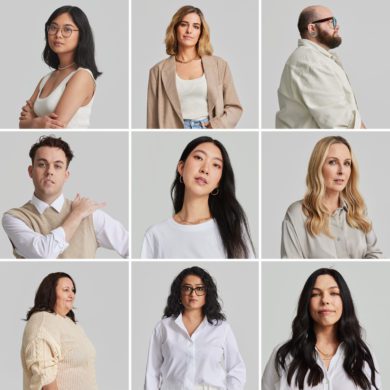

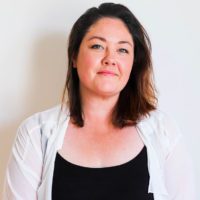
No Comments